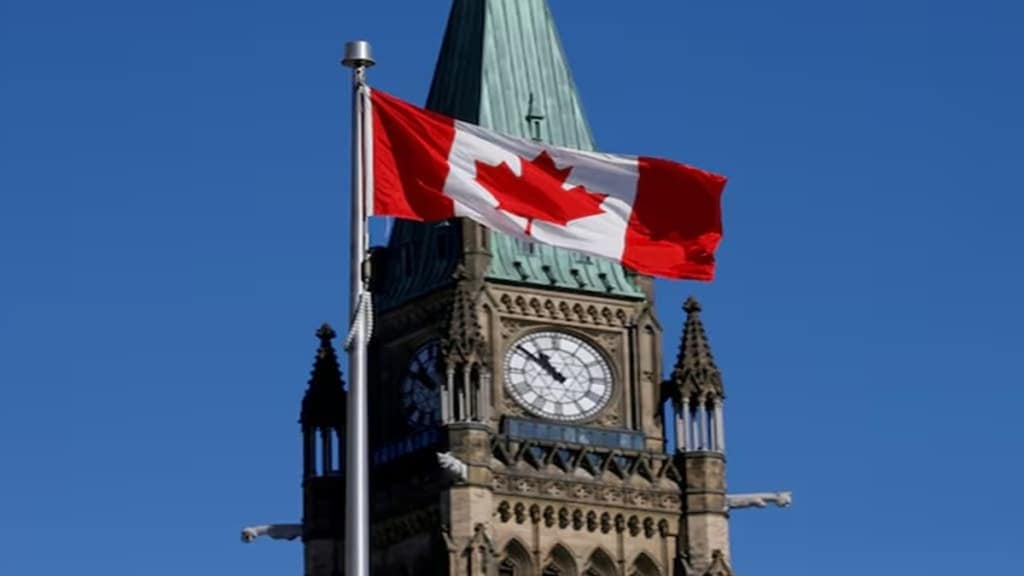Over 55 per cent of international students in Canada reported difficulties finding suitable accommodations, with many experiencing systemic racial discrimination in the rental market.
In a recent survey conducted by Thompson Rivers University (TRU), it was found that financial struggles were also prevalent among foreign students, with about one-third of participants indicating insufficient financial support or uncertainty about their financial situation.
The latest research findings from Thompson Rivers University revealed major challenges faced by international students, particularly in housing and finances. This echoes other findings that indicate the housing situation for international students has worsened over the past decade.
On a positive note, fewer students reported experiencing racism on campus in 2024 than in 2016.
In 2016, when students were asked to say to what extent they agreed with the statement “I encountered racism at university,” there were a wide range of statements: 14 per cent strongly agreed and 21 per cent agreed; 25 per cent strongly disagreed; 16 per cent disagreed and 23 per cent were undecided.
This was the only question that had such a pattern of responses spread evenly across the five-point scale. In 2024, only 13.5 per cent agreed or strongly agreed with this statement.
But in interviews, many students commented upon encountering racism and exploitation when job hunting or searching for housing accommodations. For example, one student reported that when seeking to renegotiate a lease due to problems with a roommate, the landlord threatened to take action to revoke their student visa.
In surveys and interviews, students lamented the dearth of co-op programs, work-integrated learning and experiential opportunities for their future success in Canada. This aligns with recent data from the Canadian Bureau for International Education, which found that 70 per cent of international students plan to apply for post-graduate work permits, and 57 per cent intend to seek permanent residency.
Canada had earlier announced to reduce immigration targets from 485,000 in 2024 to 365,000 by 2027. This policy direction creates uncertainty for many international students hoping to build their futures in Canada. This shift comes as public support for immigration has dramatically decreased, reaching an all-time low. Fifty-eight per cent of Canadians now believe the country accepts too many immigrants — a 31-point increase since 2022.
Canada is a popular destination for overseas students, with over one million enrolled at various levels by 2023. International students generate billions of dollars for the Canadian economy. However, recent regulatory changes and heightened public scrutiny have created a difficult environment for these students and the higher education institutions that serve them.
Canada has implemented a two-year cap on international student permits, reducing undergraduate admissions by 35 per cent in 2024 and an additional 10 per cent in 2025. This controversial decision aims to address growing concerns about the impact of international students and unchecked immigration on Canada’s economy, housing and public services.
In the shadow of Donald Trump’s second presidency in the United States, which is amplifying xenophobic rhetoric and actions against migrants, as well as major shifts in Canada’s federal landscape, the government’s changing immigration policies can have a significant impact on Canada.
